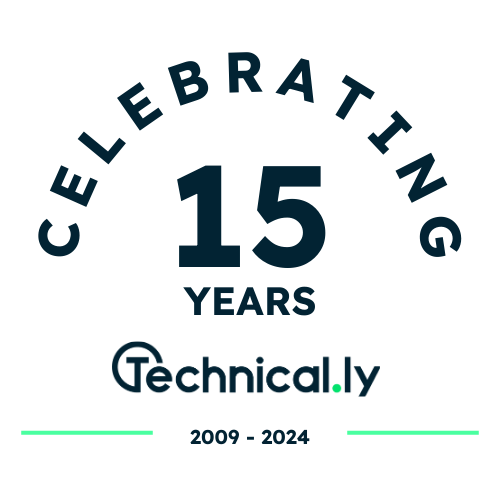Once operating independently, surrounding regions like Northern Virginia and Maryland’s Montgomery County have built a coalition in the DMV area over the past five years, according to Sammy Popat, the University of Maryland’s dedicated innovation and entrepreneurship ecosystem catalyst.
“We’re sitting at the same table,” said Popat, whose work is centered in the state university system’s flagship College Park campus. “We started to think that many of us had the same issues, but also the same opportunity to work with one another.”
For instance, the federal government, a few 500 Fortune corporations and universities were able to look into ways to guarantee economic mobility for this region through the establishment of the Greater Washington Partnership (GWP) in 2016.
On its website, GWP states that it’s a coalition of top employers dedicated to promoting togetherness and creating the most inclusive economy in the country in the Washington-Baltimore metropolitan area.
To compete with metropolises like Miami, New York and San Francisco, the region will need to continue collaborating, Popat said. He cited his work on DC Startup Week, a yearly, five-day event targeting the DC area, for which he helped develop a student startup competition in addition to making sure university officials were there.
“That’s one thing that can help the university tie into DC startup programming because they’re also thinking about future entrepreneurs,” he said. “When you bring these aspiring entrepreneurs to an event for a week, that not only gives them the opportunity to pitch, but to also get to build a network of mentors.”
Northern Virginia Technology Council President and CEO Jennifer Taylor echoed Popat’s thoughts.
The leader of a trade group that bills itself as one of the largest technology councils in the country, she praised local colleges and universities for their partnerships with business executives in preparing the next generation of talent.
“They’re making sure that they’re working with industry leaders to make sure students learn the skills [in] high demand now and in the future,” Taylor said, calling out areas like artificial intelligence and computer science.
While commending the cooperation between industry leaders and educational institutions, Taylor noted the city proper is losing some businesses to the suburbs, in part due to Virginia’s cheaper taxes.
In 2020, edtech company Blackboard moved its headquarters from DC to the Northern Virginia area, Technical.ly reported. The move united its previous DC and Reston operations at the new location. Representatives of Blackboard, which merged with fellow edtech company Anthology in 2021, were not immediately available for comment.
Popat, of UMD, noted that DC’s population is on the rise.
2023 marked the second year in a row the district’s population expanded. Citing US Census Bureau data, Mayor Muriel Bowser’s office announced in December that DC nabbed 8,023 new residents over the previous reporting period.
Working together is vital for a few reasons, Popat explained. Most effective ecosystems depend on hundreds or even thousands of individuals. He also stated that there won’t be any advancement if these people aren’t like-minded.
He added that people will be able to benefit from each other’s knowledge, including learning how to apply for federal grants — a major funding source for many of the region’s companies.
“The more conversations we have,” Popat said, “the more we see where there’s a gap, [and] where there’s more support.”

In February 2009, Technical.ly published our first article. Fifteen years later, we're still here — but a lot has changed. We're celebrating our anniversary with a look back, and a look forward.
Before you go...
Please consider supporting Technical.ly to keep our independent journalism strong. Unlike most business-focused media outlets, we don’t have a paywall. Instead, we count on your personal and organizational support.
Join our growing Slack community
Join 5,000 tech professionals and entrepreneurs in our community Slack today!

The person charged in the UnitedHealthcare CEO shooting had a ton of tech connections

From rejection to innovation: How I built a tool to beat AI hiring algorithms at their own game

Where are the country’s most vibrant tech and startup communities?



